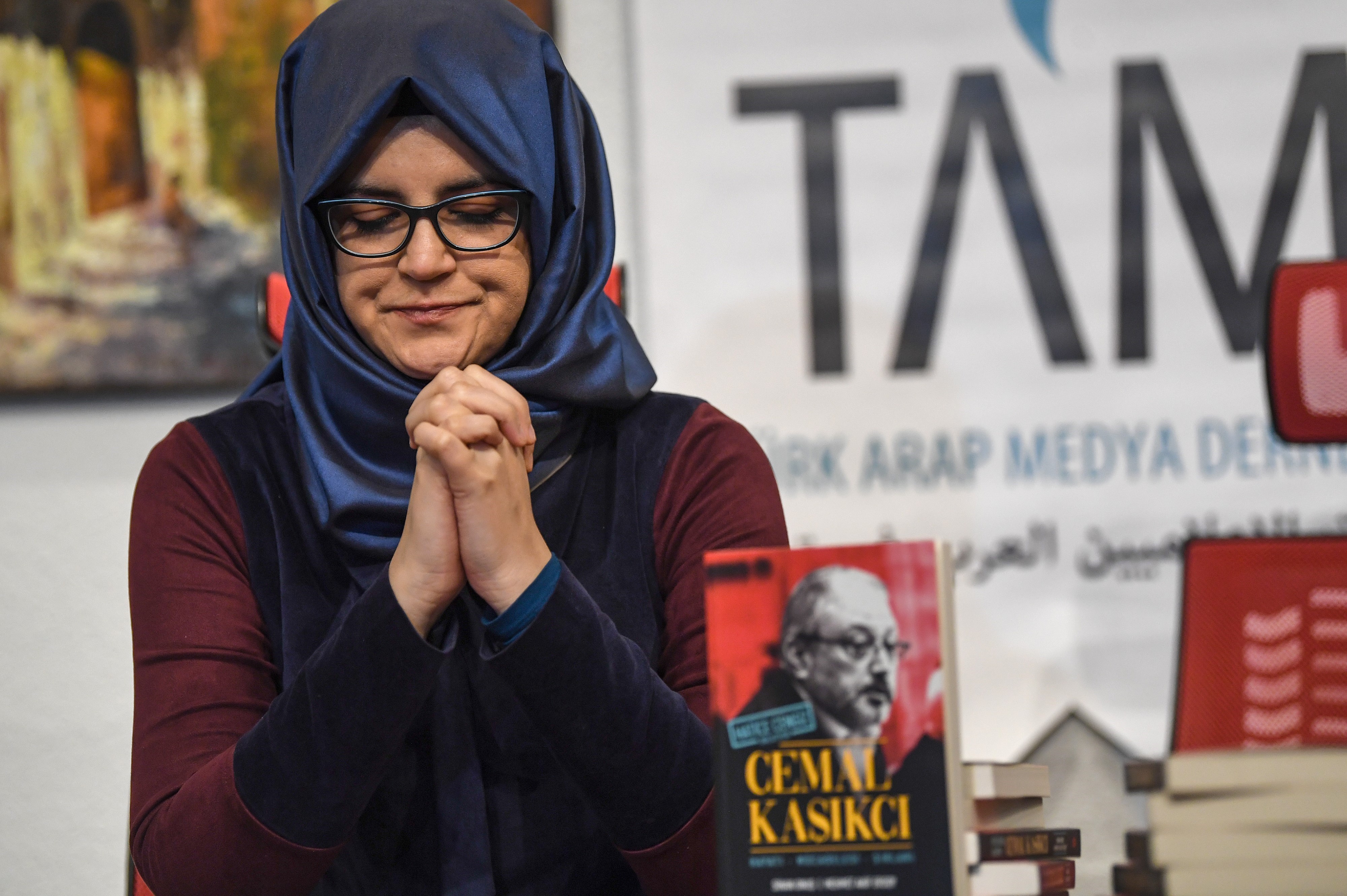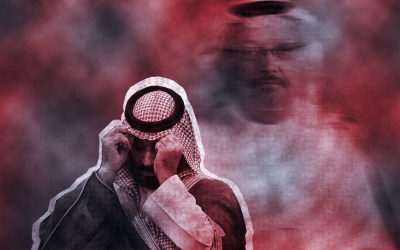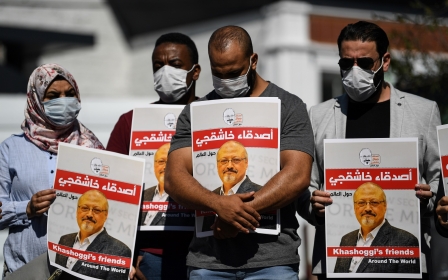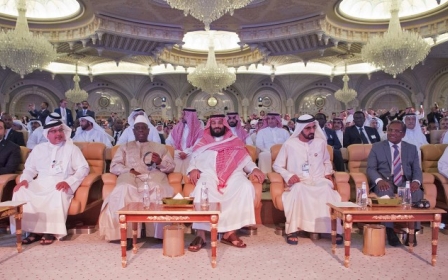Will the CIA report cost Mohammed bin Salman his throne?
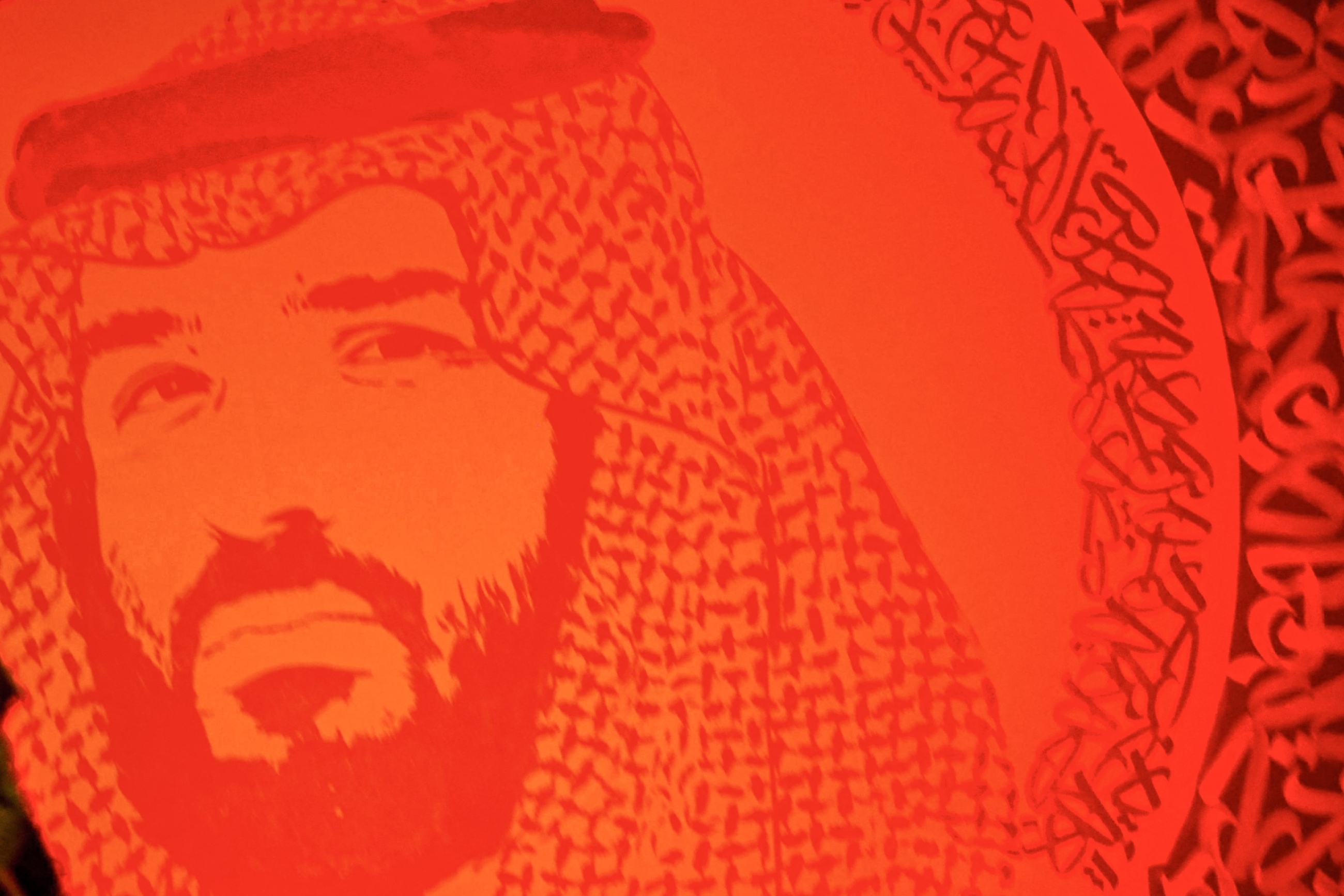
The imminent publication of the CIA report on the murder of Jamal Khashoggi is a milestone in the unfolding of the saga in a heinous crime.
It can be an important step towards justice and punishment of the murderers and the person who issued the orders. However, the release of this 2018 important document presents President Joe Biden with a dilemma.
If the report names Saudi Crown Prince Mohammed bin Salman (MBS) as the main person who gave orders to kill Khashoggi, he will be asked to take this announcement to its logical conclusions, namely impose sanctions on the prince, which would seriously undermine any future pragmatic relations with the kingdom. Aging King Salman is not going to be President Biden’s interlocutor for long.
Business as usual?
If Biden remains content with MBS escaping direct naming, then it is business as usual. The hype about releasing the CIA report investigation will frankly disappear into thin air. Both Biden and MBS will continue to do business as usual, without rocking the strained Saudi-US partnership in ways that push the erratic prince to seek revenge against the US that would undermine its national security and possibly create more chaos in the Arab world than has already been achieved following his multiple foreign policy plunders in Yemen, Qatar, and elsewhere.
If the report names MBS as the person who gave orders to kill Khashoggi, Biden will be asked to take this announcement to its logical conclusions, and impose sanctions on the prince
In both cases, the report is not going to reveal more than what we already know. MBS is implicated in this crime whether he is named or not. Only an independent international criminal investigation under the auspices of the United Nations that would eventually lead to a trial in the International Criminal Court in the Hague can establish real justice, without any consideration to the national interest of the US or any other country.
We already know several facts about the crime. A CNN investigation concluded that the 15 Saudi operatives with a mission to eliminate Jamal Khashoggi arrived in Istanbul on board two jets, owned by a private company that the crown prince had acquired only a year before the murder. His newly established Public Investment Fund was already in possession of the company that now provided transport and logistical support to his criminals. The PIF, as the owner of the aviation private company, is now directly implicated in the murder case.
The world must wake up to the intrigues of the crown prince and his vast financial empire that he uses to pursue his political interests rather than the long-term financial and economic security of the Saudi people.
Western governments and international investors and contractors eager to enter into partnership with the PIF must be aware of the fact that they are participating in financial opportunities tarnished by direct and indirect malfeasance. They have a duty of care to conduct rigorous due diligence before becoming either subcontractors to the prince or pouring foreign investment into his ill-famed financial projects.
An outrageous crime
Since the murder in October 2018, several countries were concerned. First, Turkey where the crime took place, was instrumental in releasing documents, sound bites, and images of the slain journalist being manhandled by the Saudi operatives in the room where he was kept and eventually eliminated.
The most comprehensive report on the murder was carried out by UN special rapporteur Agnes Callamard who indicated that the prince should be under investigation, as a hotline between the consulate in Istanbul and Riyadh was established during the crime.
The Saudi investigation that followed the murder can be easily dismissed: several suspects were rounded and put on trial with death sentences passed but not carried out. In the last three years, Saudis in the country watched silently, pretending the crime did not concern them, while Saudi exiles abroad and international human rights organisation continued to press for justice.
Inside the country, Saudis had to decide how they dealt with this outrageous crime, in which the main suspects are nobody but their own leadership. Under the prevailing severe repression, citizens have three choices: maintaining the semblance of loyalty to the regime, like many Saudis have done; searching for an exit, as Jamal Khashoggi and hundreds of dissidents and exiles had done; or voice dissent at home and face disproportionate punishment, including death sentences, long detentions, loss of livelihood, and a ban on travel.
Loyalists and dissidents
The murder of Jamal Khashoggi in Istanbul attests to the fact that exit does not necessarily provide protection. Moreover, as the regime tightens its grip and demands outright loyalty, many Saudis still seek to express their voices and protest.
This is exactly what happened in Saudi Arabia since the Arab uprisings, which explains the exponential rise in detentions, torture in prison, and mass beheadings, the most outrageous of which took place in 2016 when 47 detainees were beheaded in one day.
Loyalists and dissidents are waiting for the release of the CIA report, not for its content, but for its consequences on their country and their own livelihood
In general, loyalists and dissidents are waiting for the release of the CIA report, not for its content, but for its consequences on their country and their own livelihoods. A general sanctions regime imposed on Saudi Arabia will undoubtedly undermine their prosperity and confirm their leadership in a new position as heads of a rogue or pariah state.
The most positive outcome in the quest for justice for Khashoggi and a way to mitigate against such a crime happening again is tailored sanctions imposed on MBS and the rest of his criminal team. Many amongst them have already been banned from entering the US, Britain and other European countries.
The ideal solution is to put the Saudi crown prince as a prime suspect on trial abroad, but this may just be wishful thinking at this point.
Alternatively, a failure to seize MBS’s assets abroad and imposing a strict economic and financial sanctions regime on him, will allow him to continue with his intrigues while ignoring international norms and values. However, the main obstacle to this is that MBS’s wealth and that of the state cannot be easily separated, given that the son king is now the sole ruler and holder of power and wealth in the kingdom.
Since 2017, the world has gradually realised that the Saudi state under MBS is ruled under the infamous slogan of absolute monarchy: "l'etat c’est moi," which in the end cost France's Louis XVI his throne and life.
The views expressed in this article belong to the author and do not necessarily reflect the editorial policy of Middle East Eye.
This article is available in French on Middle East Eye French edition.
Middle East Eye propose une couverture et une analyse indépendantes et incomparables du Moyen-Orient, de l’Afrique du Nord et d’autres régions du monde. Pour en savoir plus sur la reprise de ce contenu et les frais qui s’appliquent, veuillez remplir ce formulaire [en anglais]. Pour en savoir plus sur MEE, cliquez ici [en anglais].



